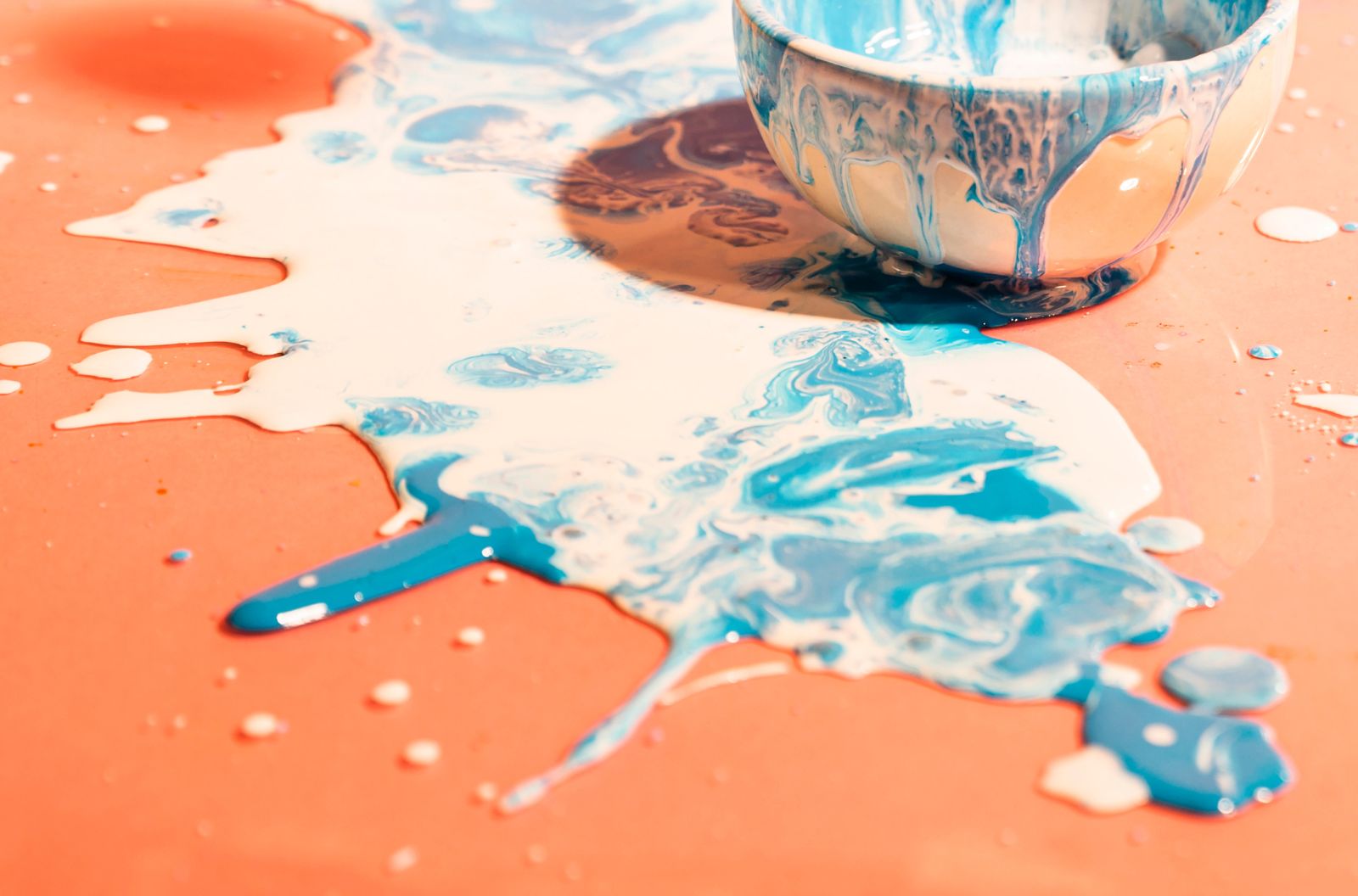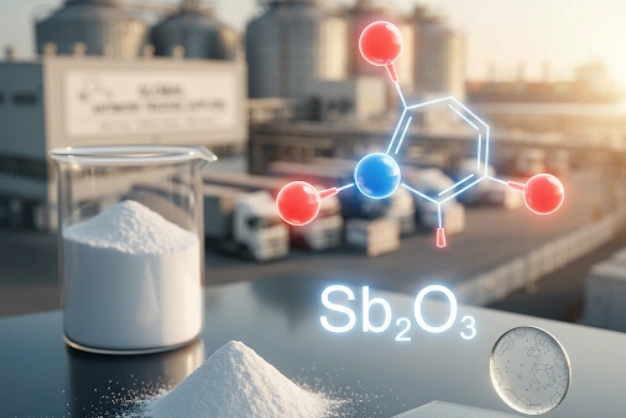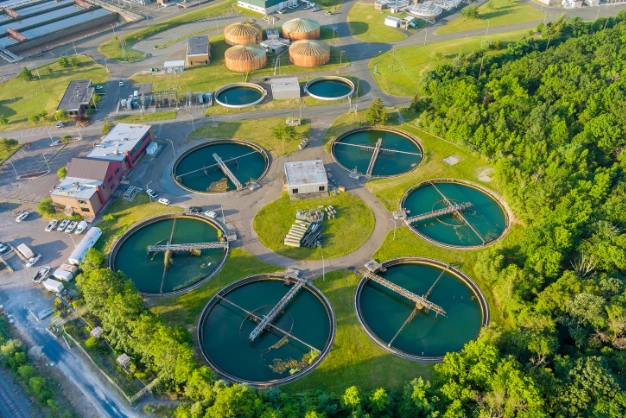TABLE OF CONTENTS
TABLE OF CONTENTS
Alkyd resins have established themselves as a cornerstone in the painting industry, renowned for their adaptability and high performance. These synthetic resins, derived from polyols and acids, are pivotal in creating durable, glossy paints used across various settings. This article will delve into the properties, applications, benefits, and best practices for using alkyd-based paints, providing a comprehensive understanding of their enduring popularity among both professionals and DIY enthusiasts.
Alkyds for painting: Properties of Alkyds
Understanding the properties of alkyds is crucial for appreciating their widespread use in painting. Here are the key characteristics that make alkyds stand out:
Durability: Alkyd paints are celebrated for their exceptional durability. They form a tough, resistant film that can withstand abrasion, making them ideal for surfaces exposed to heavy wear and tear, such as floors, doors, and trims.
Gloss and Sheen: One of the standout features of alkyd paints is their ability to produce a high-gloss finish. This not only enhances the visual appeal but also provides an extra layer of protection against moisture and contaminants, making them suitable for kitchens, bathrooms, and other areas prone to humidity.
Adhesion: Alkyds exhibit excellent adhesion properties, allowing them to adhere well to various surfaces, including wood, metal, and masonry. This versatility means they can be used on a wide range of projects, from home interiors to industrial machinery.
Drying Time: While alkyd paints have a longer drying time compared to some other types, this characteristic can be advantageous. The extended drying time allows for smoother finishes as brush marks level out more effectively, leading to a more professional-looking result.
Chemical Resistance: Alkyd resins are resistant to a variety of chemicals, which contributes to the longevity of the paint. This property is particularly beneficial in industrial environments where surfaces may be exposed to harsh substances, ensuring the paint maintains its integrity over time.
Alkyds for painting: Applications of Alkyds
Alkyd paints are used in a variety of settings due to their adaptable nature. Here are some common applications:
Residential Painting: Alkyd paints are popular in home painting for both interior and exterior applications. They are often used on doors, trim, and cabinets due to their smooth finish and durability. In exteriors, alkyds provide excellent protection against the elements, making them a preferred choice for window frames, doors, and railings.
Industrial Coatings: In industrial settings, alkyd-based paints are used on machinery, metal structures, and equipment. Their chemical resistance and durability make them suitable for protecting surfaces in harsh environments, such as factories and warehouses, where exposure to chemicals and physical wear is common.
Marine Applications: The robust properties of alkyds, including their resistance to water and chemicals, make them ideal for marine coatings. They are used on boats and ships to protect against the harsh marine environment, including saltwater corrosion and extreme weather conditions.
Automotive Industry: Alkyd resins are used in automotive paints, providing a durable and glossy finish that enhances the appearance and longevity of vehicles. Their ability to withstand various weather conditions and resist chipping makes them a valuable choice for both car exteriors and parts.
Protective Coatings: Beyond aesthetics, alkyd paints are used as protective coatings in various industries. They help shield surfaces from corrosion, weathering, and other forms of degradation. This includes applications in construction, where alkyd paints are used on metal beams and structures to prevent rust and deterioration.
Benefits of Using Alkyd-Based Paints
Alkyd-based paints offer several advantages that make them a preferred choice in many applications:
Enhanced Aesthetics: The high-gloss finish of alkyd paints enhances the visual appeal of painted surfaces. This aesthetic benefit is particularly valued in residential and automotive applications, where appearance plays a crucial role.
Longevity: Due to their durability and resistance to environmental factors, alkyd paints have a longer lifespan compared to some other types of paints. This results in less frequent repainting and maintenance, saving time and resources in the long run.
Versatility: Alkyd paints can be used on a wide range of surfaces, including wood, metal, and masonry. This versatility makes them suitable for various projects, from home improvement to industrial maintenance, providing a one-stop solution for different painting needs.
Ease of Application: While they take longer to dry, alkyd paints are relatively easy to apply. The extended drying time allows for corrections and ensures a smoother finish. This is particularly beneficial for DIY enthusiasts who may need extra time to perfect their work.
Cost-Effectiveness: Considering their durability and longevity, alkyd paints are cost-effective in the long run. The reduced need for frequent repainting and maintenance saves both time and money, making them an economical choice for large-scale projects and regular home upkeep.
Best Practices for Using Alkyd Paints
To maximize the benefits of alkyd-based paints, it’s essential to follow best practices during their application:
Surface Preparation: Ensure the surface is clean, dry, and free from any dust, grease, or old paint. Proper surface preparation is crucial for optimal adhesion and finish.
Priming: Use a suitable primer to enhance adhesion and provide a uniform base for the topcoat. Primers help in sealing the surface and preventing issues like peeling and blistering.
Ventilation: Alkyd paints have a strong odor and release volatile organic compounds (VOCs). Ensure adequate ventilation during application to allow the fumes to dissipate and ensure a safer working environment.
Brush Selection: Use high-quality brushes designed for oil-based paints. This ensures smooth application and reduces the likelihood of brush marks and streaks.
Drying Time: Allow adequate drying time between coats. Rushing this process can lead to a compromised finish and reduced durability. Follow the manufacturer’s instructions for the recommended drying times.
Clean-Up: Use mineral spirits or paint thinner for cleaning brushes and tools after use. Proper clean-up ensures the longevity of your tools and prevents contamination of future paint jobs.
Conclusion
Alkyd resins have cemented their place in the painting industry due to their exceptional properties and versatility. From residential projects to industrial applications, alkyd-based paints offer a combination of durability, aesthetic appeal, and chemical resistance that is hard to match. When choosing paint for your next project, consider the benefits of alkyds and follow best practices to achieve the best results. Whether you are a homeowner looking to refresh your space or an industrial professional seeking a reliable coating solution, alkyd paints are a proven choice.
FAQs about Alkyds for Painting
What are alkyd resins?
Alkyd resins are synthetic resins derived from polyols and acids, commonly used in paints for their durability and glossy finish.
Are alkyd paints suitable for both interior and exterior use?
Yes, alkyd paints are versatile and can be used for both interior and exterior applications due to their durability and weather resistance.
How long do alkyd paints take to dry?
Alkyd paints generally take longer to dry than other types of paint, allowing for a smoother, more professional finish.
Can alkyd paints be used on different surfaces?
Yes, alkyd paints adhere well to various surfaces, including wood, metal, and masonry, making them suitable for a wide range of projects.
What are the benefits of using alkyd-based paints?
Alkyd paints offer enhanced aesthetics, longevity, versatility, ease of application, and cost-effectiveness due to their durability and high-gloss finish.
Contact Us
Questions or looking for a quote?




